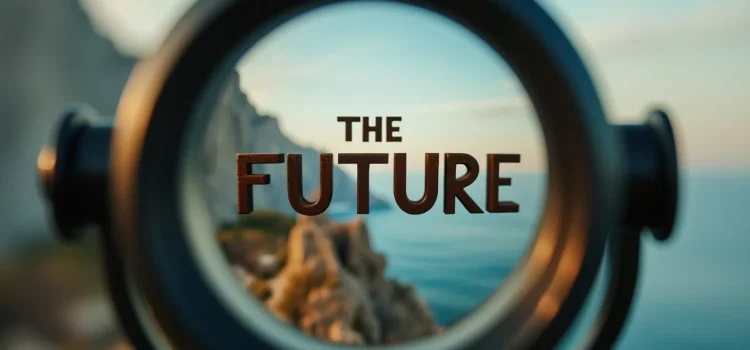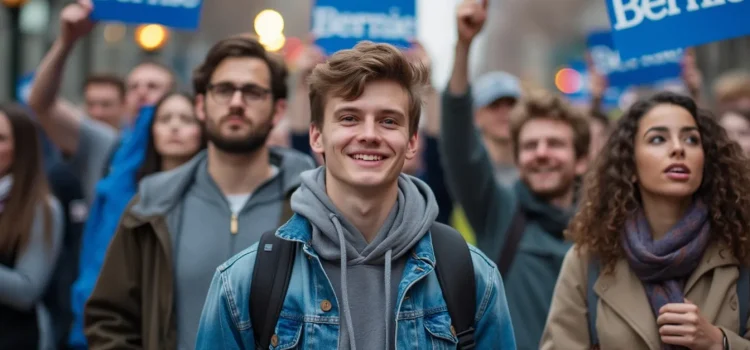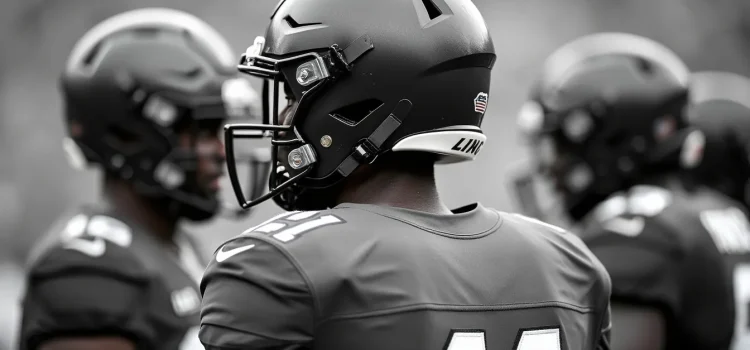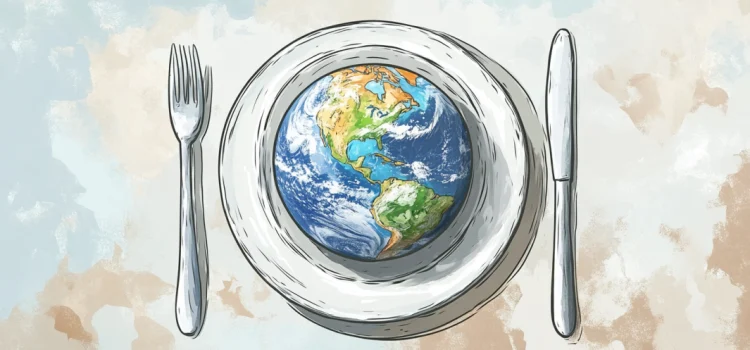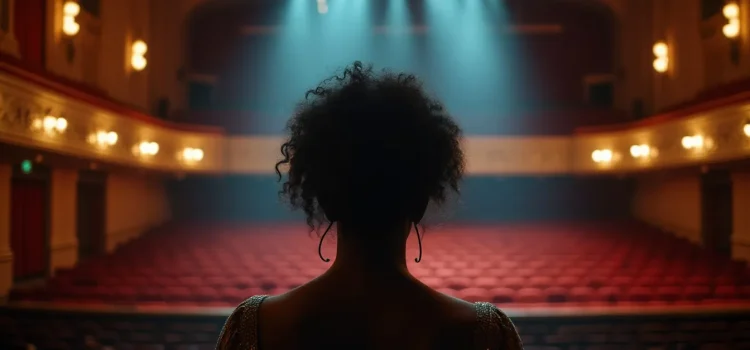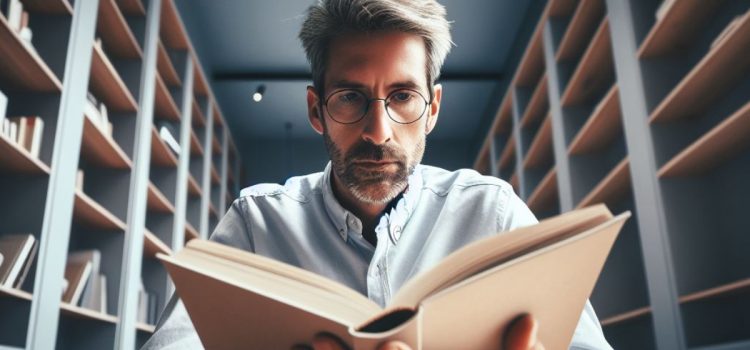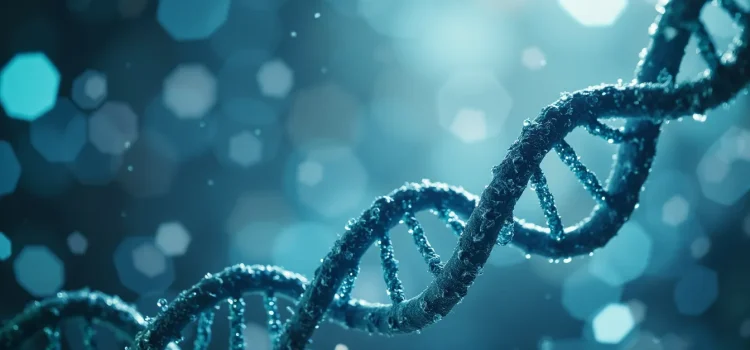Are we on the brink of extinction? Can humanity be saved from existential threats? Toby Ord’s book The Precipice explores these pressing questions. He outlines potential catastrophes and offers strategies to prevent them. Ord believes we can take steps to avoid disaster and reach our full potential as a species. Read on to discover how to save humanity and secure a brighter future for generations to come.
How to Save Humanity: Strategies to Neutralize Existential Risks


